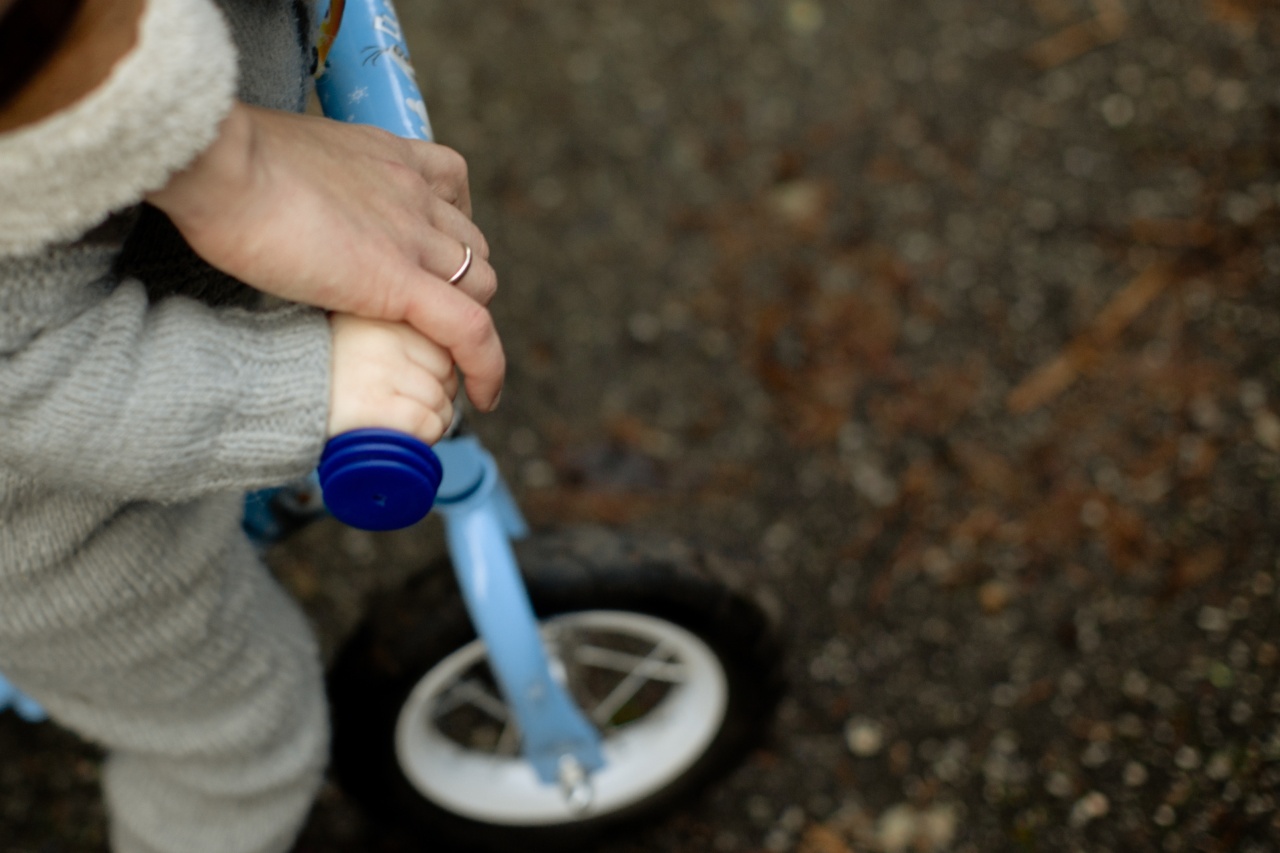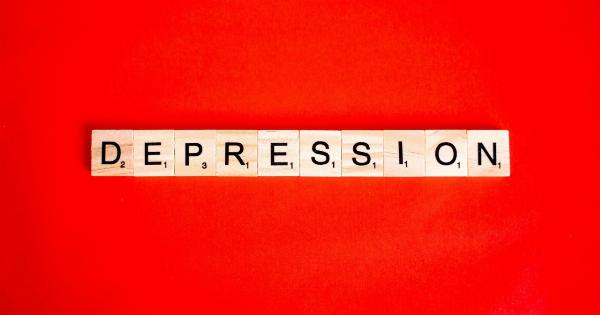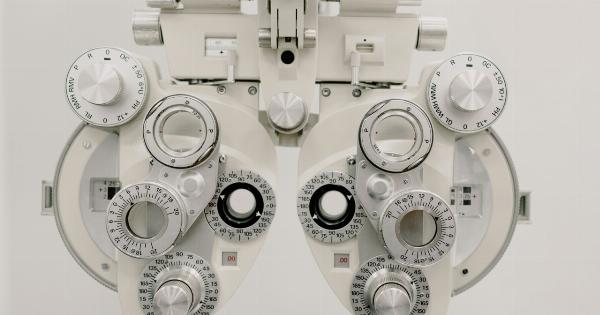Depression among children and teenagers is a critical issue that requires urgent and sustainable action from parents, guardians, and other stakeholders.
Research shows that over 3 million children aged between 6-17 years in America have depression, with most of them going without treatment. While many parents recognize the importance of protecting their children from depression, some end up doing more harm than good by adopting rigid and restrictive measures that end up stressing the children and worsening their mental health.
Therefore, it is essential to find ways to protect children from depression using fun and engaging approaches that encourage open communication, positive self-expression, and healthy habits.
What is Depression?
Depression is a mental health condition that affects the way people think, feel, and act.
It is characterized by prolonged sadness, low self-esteem, hopelessness, loss of interest in daily activities, changes in sleep and appetite, and sometimes thoughts of suicide. Depression can affect anyone regardless of age, gender, social status, or background, and it is a major cause of disability and death worldwide.
Depression among children and teenagers is a growing concern because it can interfere with their social, academic, and personal development, leading to lifelong challenges if not addressed early enough.
What Causes Depression in Children?
Depression in children can result from various factors, including genetic, biological, environmental, and psychological factors. Some of the common causes of depression in children include:.
- Family history of depression or other mental health disorders
- Changes in family structure, such as divorce, separation, or death
- Poor academic performance and stress from school or extracurricular activities
- Social isolation, bullying, or peer pressure
- Child abuse, neglect, or trauma
- Medical conditions such as chronic illnesses, injuries, or disabilities
- Substance abuse or addiction
How to Protect Children from Depression in a Fun Way
The following are some of the fun and practical ways parents and guardians can use to protect their children from depression:.
Encourage Communication
Communication is key to building healthy relationships between parents and children. Encouraging open communication allows children to express their fears, hopes, and feelings without fear of judgment or rejection.
Parents and guardians can create a safe space for children to share their joys and struggles, listen actively and non-judgmentally, and show empathy and support. By communicating lovingly, children feel understood and valued and are more likely to seek help when they are facing challenges, including depression.
Encourage Physical Activity
Physical activity is crucial for physical and mental health. Encouraging children to engage in fun activities such as sports, dancing, or hiking can help reduce stress, improve mood, and increase self-confidence.
Exercising together as a family not only promotes fitness but also fosters togetherness and bonding. Also, encouraging outdoor playtime away from screens and devices can improve children’s social skills, creativity, and curiosity.
It’s essential to remember that every family is unique, and finding what works for your family can be an exciting adventure.
Encourage Creative Expression
Children who are encouraged to express their creativity through writing, art, or music are more confident, have better self-esteem, and are less likely to feel anxious or depressed.
Parents can create a space at home where children can explore their creativity freely, engage in imaginative play, or express themselves through different forms of art. Encouraging children to write in a journal or share their stories with others can improve their emotional regulation, self-awareness, and cognitive skills.
Whenever possible, parents and guardians can celebrate their children’s creative expression to encourage more healthy habits.
Encourage Self-care Habits
Self-care habits are critical for mental health and well-being. Parents can teach their children good self-care habits such as healthy eating, getting enough sleep, practicing good hygiene, and taking breaks when feeling overwhelmed.
By setting an example as role models, parents can show their children how to prioritize self-care without feeling guilty or selfish. Moreover, teaching children mindfulness techniques such as breathing exercises, meditation, or yoga can help them manage stress and anxiety, improve attention and focus, and promote relaxation.
Encourage Positive Social Connections
Positive social connections can be an excellent source of support and comfort for children who may be struggling with depression.
Encouraging children to build positive relationships with family, friends, or classmates can help reduce feelings of isolation, promote positive self-image, and provide an essential social support system. Parents can also participate in social activities with their children, such as volunteering in the community or going to family events.
It’s essential to monitor children’s social media use and encourage positive online interactions that promote kindness, respect, and positivity.
Conclusion
Depression is a severe mental health condition that can affect anyone, including children.
Parents and guardians can play a crucial role in protecting their children from depression by creating a supportive, fun, and engaging environment that promotes positive mental health. Encouraging open communication, physical activity, creative expression, self-care, and positive social connections can go a long way in preventing and managing depression.
It’s essential to work closely with mental health professionals whenever necessary to address any signs of depression in children promptly.

























